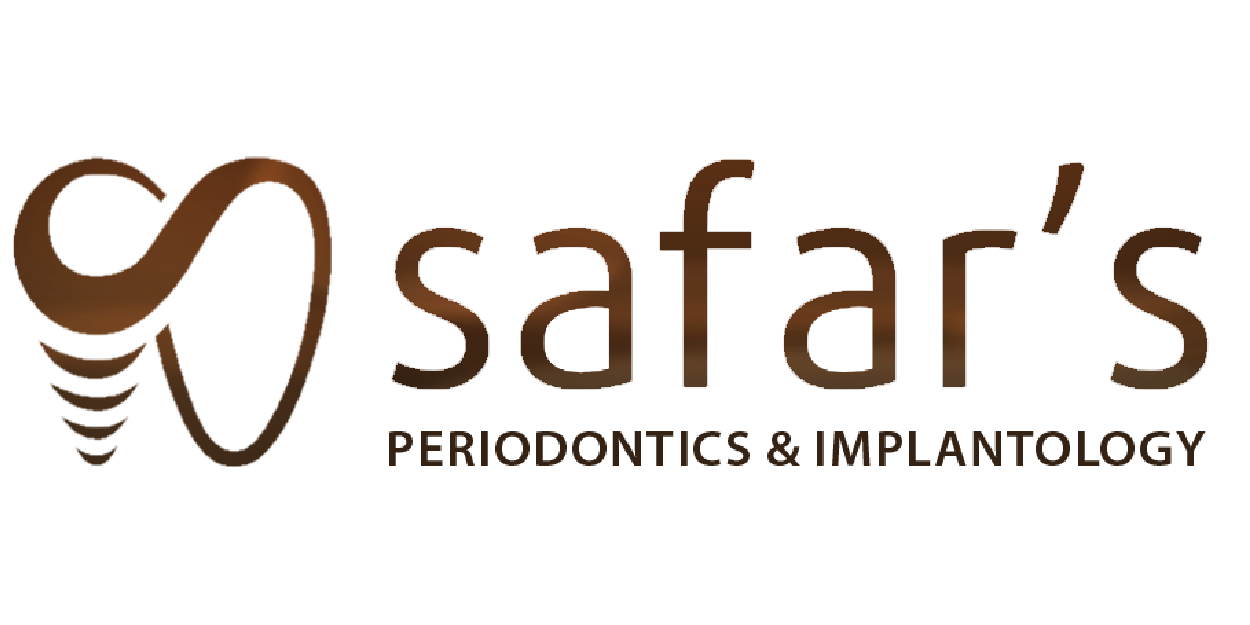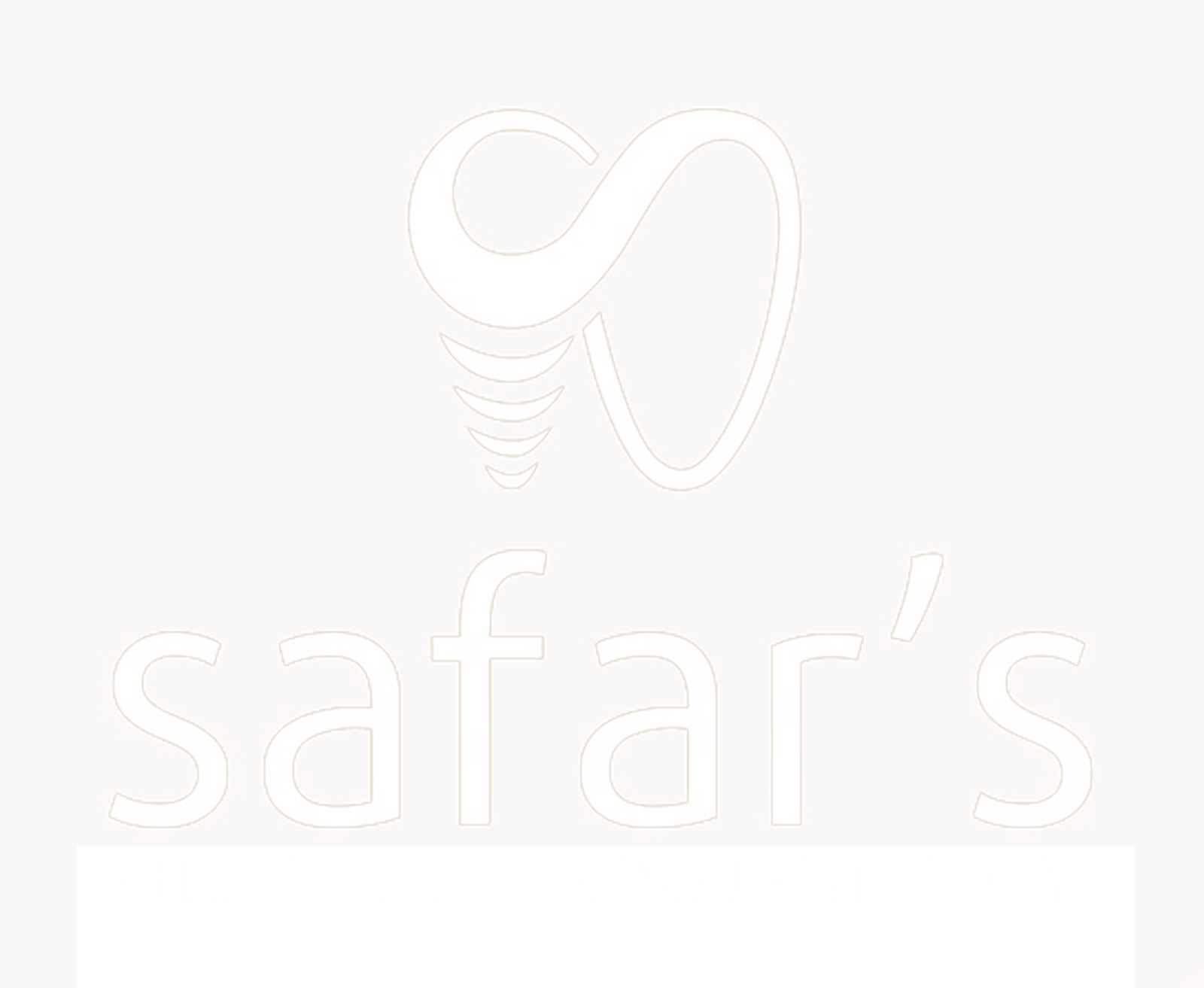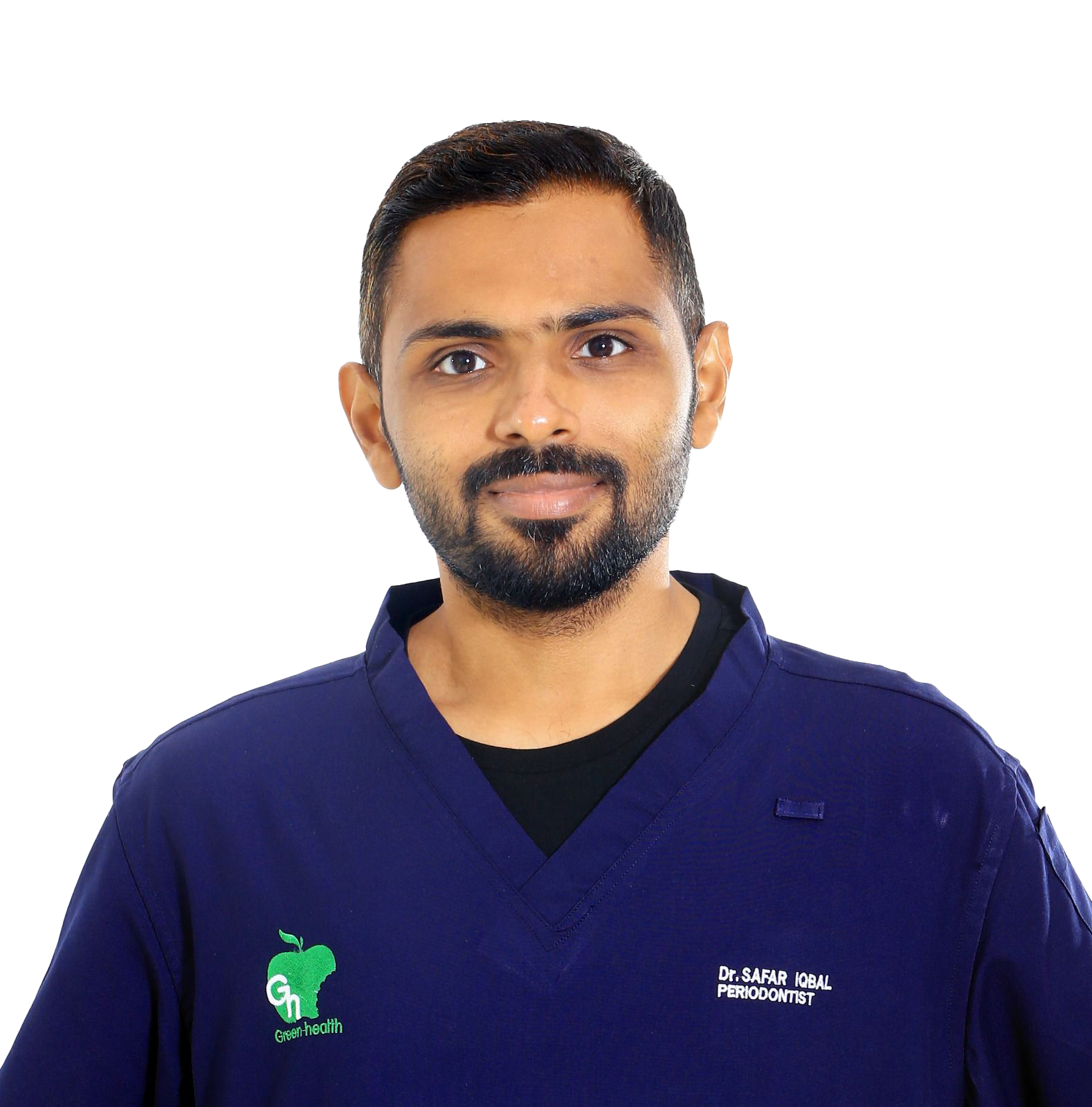Implants are for a lifetime with the right aftercare!
Dental implants are an excellent option and investment in your health.
For long-term success, taking care of your implant is important. As with natural teeth, implants require the same regular check-ups and conscientious oral hygiene. Once you follow these guidelines, your implants can be maintained for decades.
The dos and don’t after surgery
Complications are rare after placement of a dental implant, and stitches can usually be removed about seven to ten days afterwards.
Dental implant solutions that we offer have been thoroughly researched and scientifically tested. However, there may be side effects. It is very important to contact your dentist immediately if you feel any of the following:
Swelling: cool it down
Cool the external treatment area as soon as possible after the operation to help prevent pain and swelling.
Pain: take your medications
If your dentist has prescribed medicine, start taking it as directed right away.
Oral rinses: be careful
In the first few hours after the operation, you should not use an oral rinse as it may cause bleeding. However, you may sip water.
Your temporary restoration: take care of it.
While the implant is healing in your mouth, it may have a “healing cap” or a temporary tooth replacement. A healing cap is placed on the implant to allow your mouth to heal. Avoid chewing anything hard on the side where the implant was placed. This will help the implant to heal safely in preparation for the next step of your treatment.
When you should call your dentist:
- You feel a throbbing pain on the day of the operation
- You have a numb feeling at the implant placement 12 hours after the
- operation
- You feel pain or swelling at implant placement several days after the operation
- Bleeding continues
- You lose your temporary tooth
- You have symptoms or questions not mentioned here
What should be avoided?
- Sitting is better than lying down. Keep your head up during the day and also at night.
- Do not lie on the side where the implant was placed.
- Do not drive in the first few hours after the operation. Your ability to drive might be impaired by the anaesthetic or medications. Ask your dentist.
- Do not use a toothbrush in the implanted area of the mouth until the stitches are removed. Your dentist will recommend using an oral rinse several times a day instead of brushing your teeth.
- Do not eat until the anaesthetic has worn off.
- In the first few days after the procedure: no alcohol, nicotine, coffee, black tea, sport or physical exertion.
If you love your teeth, look after them. This applies to your dental implants too, and with careful oral care, they can last a long time.
How?
- Use a soft toothbrush (changed regularly) or an electric toothbrush
- Teeth are brushed on the inside, outside, and on top where you chew
- If prescribed, use interdental brushes for cleaning the spaces between
It’s a cooperation between you and your dentist
Both dentist and patient contribute to the long-term success of a dental implant. Regular check-ups and preventive visits to the dentist are necessary.
Why?
- An individual oral care plan will be given to you
- You will be kept updated on special cleaning techniques
Good care and twice-yearly check-ups help the implant stay firmly put for years


